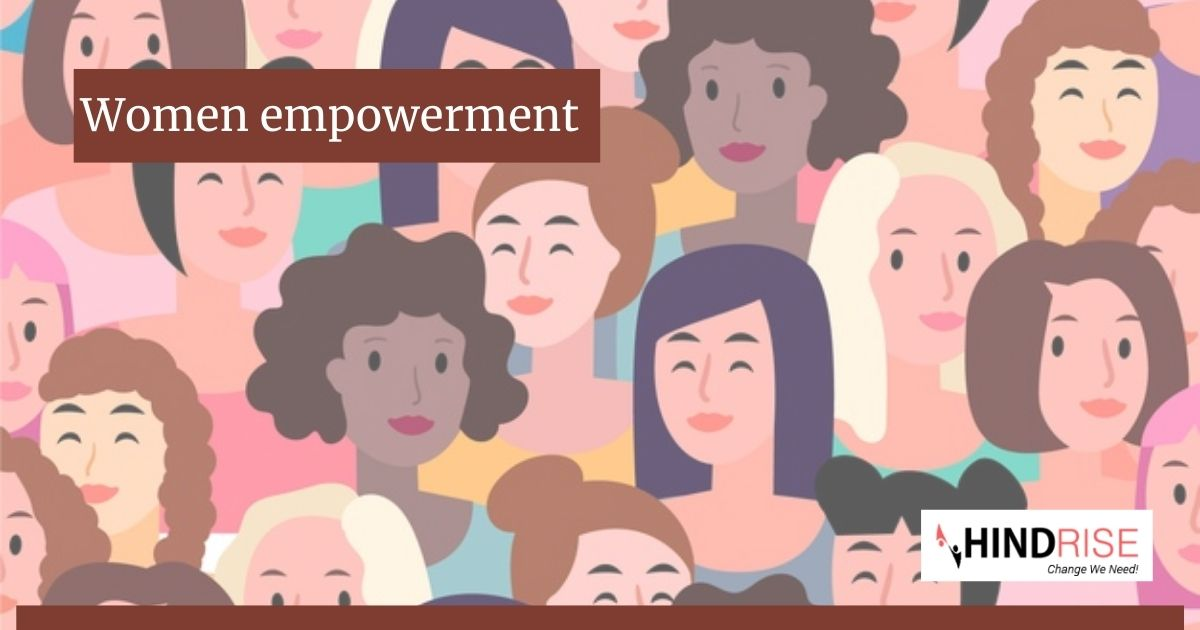Description

Copyright infringement not intended
Context - Over 400 women prisoners in Tihar’s jail engaged themselves in operating a full-time kitchen and an in-house beauty parlour, they are also attending tailoring and embroidery classes.
Details
- These classes provide livelihood skills which would help them to earn work and join mainstream society after release from jail.
- Jail Superintendent and the staff encourage prisoners to learn these skills to improve their life in future.
- These skill classes and work help them from slipping into depression and also help them to learn the value of teamwork and encourage them to become self-sufficient after release and start a new life with respectable work.
- With these skills, they could join the workforce or even become entrepreneurs in future and also contribute to the economic development of the nation.
Women Entrepreneurs in India
- Nearly 3 million micro, small, and medium enterprises with full or partial female ownership contribute more than 3 % of industrial output and employ over 8 million people
- 78% of women enterprises belong to the services sector.
Concerns
- The social status of women and prevalent social norms in India influence financial institutions and the ability of women entrepreneurs to access finance.
- Absence of collateral security and guarantee/support.
- Limited financial awareness and understanding of financial products/ services.
- Bank branches are unwelcoming to women customers.
- Lack of confidence or hesitation to approach financial institutions.
- The lack of reliable information about financial management makes women entrepreneurs less attractive to financiers.
Way Forward
- Access to finance is a key to the growth of the MSME sector in India.
- Microfinance plays a key role in expanding access to finance for low-income women aspiring to become entrepreneurs.
- Training programs on human resources, financial management, business management, marketing, and financing the venture.
- Learning from Global Best Practices for Women-owned Enterprise Financing; Westpac Banking Corporation (AUSTRALIA), American Express (USA).
- DFCU BANK in UGANDA created a “land loan” specifically for women. Women can take a loan to purchase property that they can later use as collateral for business loans.
- Ensure access to business and financial management training through the bank’s partnerships with local universities.
- Simplify the approval process to reduce the number of visits to branches.
- Explore the potential for “doorstep financial delivery model” branchless banking and other innovative delivery systems tie-ups with NGOs, microfinance institutions, and SHGs.
- Remove dependence on male members of the family as a prerequisite to access finance.
- Promote a friendlier environment for women customers.
- Governments should promote Equal rights to property, joint property registration, and land ownership of women.
- Formulate women-focused policies to promote women-owned enterprises. Create an online customer care support.
https://epaper.thehindu.com/Home/ShareArticle?OrgId=GQM9TS0KE.1&imageview=0
1.png)
https://t.me/+hJqMV1O0se03Njk9













